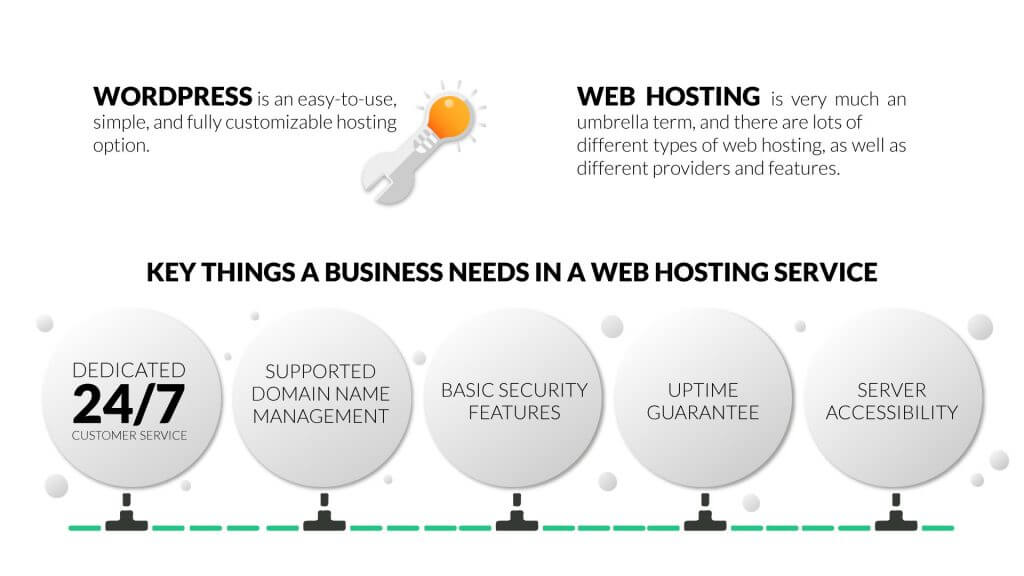Web Hosting vs WordPress Plan: Which One is Right for You?
When it comes to setting up a website, one of the key decisions you’ll need to make is whether to go with a traditional web hosting plan or a WordPress-specific hosting plan. Both options have their own set of pros and cons, so it’s important to understand the differences before making your choice.
Web Hosting
Let’s start by looking at traditional web hosting. With a generic web hosting plan, you’ll have access to a server that you can use to host any type of website, whether it’s built on WordPress, Joomla, or another platform. This gives you a lot of flexibility in terms of what you can do with your site, but it also means that you’ll need to take care of things like maintenance, security, and backups yourself.
Web hosting plans typically come with features like unlimited bandwidth, storage, and email accounts, making them a good option for larger websites or businesses. However, the downside is that you’ll need to have some technical knowledge to manage your hosting effectively, or be willing to pay for someone else to do it for you.
WordPress Plan
On the other hand, a WordPress-specific hosting plan is designed specifically for WordPress websites. These plans are optimized to run WordPress sites efficiently, often coming with features like automatic updates, built-in security measures, and expert support from people who know the platform inside and out.
While WordPress plans may have some limitations in terms of customizability compared to traditional web hosting, they make up for it with convenience and ease of use. If you want to focus on creating and managing content rather than dealing with technical aspects of your site, a WordPress plan may be the way to go.
Which One is Right for You?
Ultimately, the choice between a web hosting plan and a WordPress plan will depend on your specific needs and expertise. If you’re comfortable managing the technical details of your website and want the flexibility to use different platforms, a traditional web hosting plan may be the better option for you.
On the other hand, if you’re primarily focused on running a WordPress site and want a hosting solution that takes care of the platform-specific details for you, a WordPress plan could be the perfect fit. It really comes down to what you value most in a hosting plan and what level of control you want over your website.
Conclusion
Both web hosting and WordPress plans have their own strengths and weaknesses, so it’s important to weigh your options carefully before making a decision. Consider your technical expertise, budget, and goals for your website, and choose the plan that aligns best with your needs. No matter which option you go with, remember that the quality of your hosting can have a big impact on the performance and success of your website, so choose wisely!
